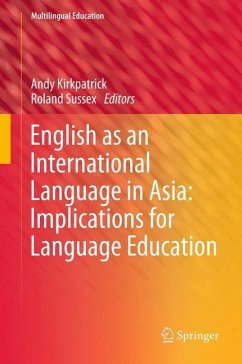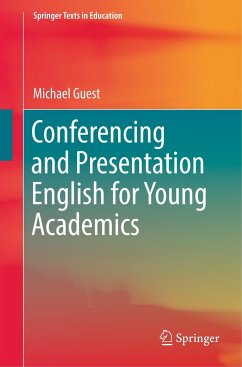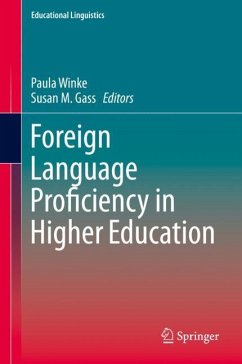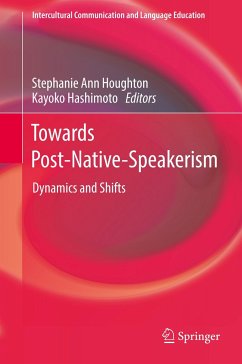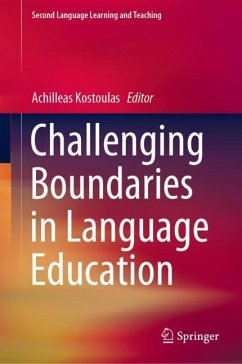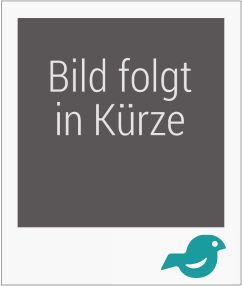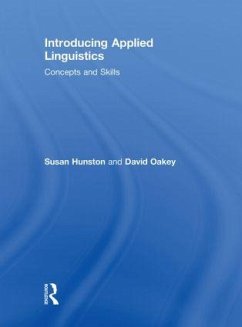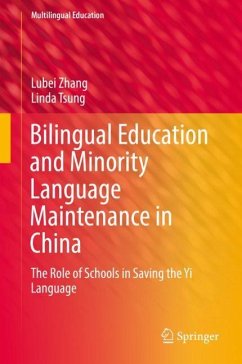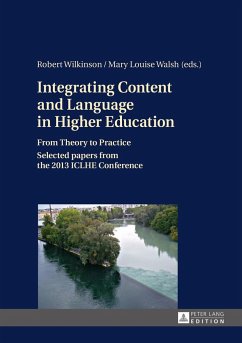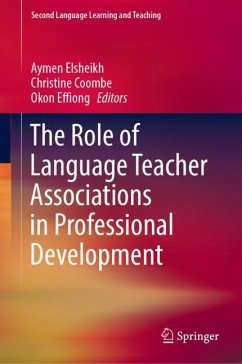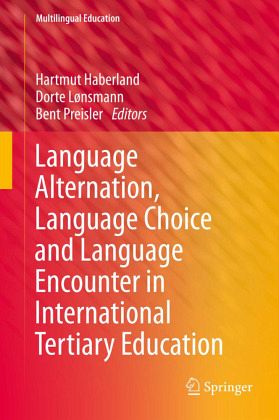
Language Alternation, Language Choice and Language Encounter in International Tertiary Education

PAYBACK Punkte
38 °P sammeln!
Reflecting the increased use of English as lingua franca in today's university education, this volume maps the interplay and competition between English and other tongues in a learning community that in practice is not only bilingual but multilingual. The volume includes case studies from Japan, Australia, South Africa, Germany, Catalonia, China, Denmark and Sweden, analysing a range of issues such as the conflict between the students' native languages and English, the reality of parallel teaching in English as well as in the local language, and classrooms that are nominally English-speaking b...
Reflecting the increased use of English as lingua franca in today's university education, this volume maps the interplay and competition between English and other tongues in a learning community that in practice is not only bilingual but multilingual. The volume includes case studies from Japan, Australia, South Africa, Germany, Catalonia, China, Denmark and Sweden, analysing a range of issues such as the conflict between the students' native languages and English, the reality of parallel teaching in English as well as in the local language, and classrooms that are nominally English-speaking but multilingual in practice. The book assesses the factors common to successful bilingual learners, and provides university administrators, policy makers and teachers around the world with a much-needed commentary on the challenges they face in increasingly multilingual surroundings characterized by a heterogeneous student population.
Patterns of language alternation and choice have become increasingly important to the development of an understanding of the internationalisation of higher education that is occurring world-wide. This volume draws on the extensive and varied literature related to the sociolinguistics of globalisation - linguistic ethnography, discourse analysis, language teaching, language and identity, and language planning - as the theoretical bases for the description of the nature of these emerging multilingual communities that are increasingly found in international education. It uses observational data from eleven studies that take into account the macro (societal), meso (university) and micro (participant) levels of language interaction to explicate the range of language encounters - highlighting both successful and problematic interactions and their related language ideologies. Although English is the common lingua franca, the studies in the volume highlight the importance of the multilingual resources available to participants in higher educational institutions that are used to negotiate and solve their language problems. The volume brings to our attention a range of important insights into language issues found in the internationalisation of higher education, and provides a resource for those wishing to understand or do research on how language hybridity and multilingual communicative practices are evolving there. Richard B. Baldauf Jr., Professor, The University of Queensland
Patterns of language alternation and choice have become increasingly important to the development of an understanding of the internationalisation of higher education that is occurring world-wide. This volume draws on the extensive and varied literature related to the sociolinguistics of globalisation - linguistic ethnography, discourse analysis, language teaching, language and identity, and language planning - as the theoretical bases for the description of the nature of these emerging multilingual communities that are increasingly found in international education. It uses observational data from eleven studies that take into account the macro (societal), meso (university) and micro (participant) levels of language interaction to explicate the range of language encounters - highlighting both successful and problematic interactions and their related language ideologies. Although English is the common lingua franca, the studies in the volume highlight the importance of the multilingual resources available to participants in higher educational institutions that are used to negotiate and solve their language problems. The volume brings to our attention a range of important insights into language issues found in the internationalisation of higher education, and provides a resource for those wishing to understand or do research on how language hybridity and multilingual communicative practices are evolving there. Richard B. Baldauf Jr., Professor, The University of Queensland





